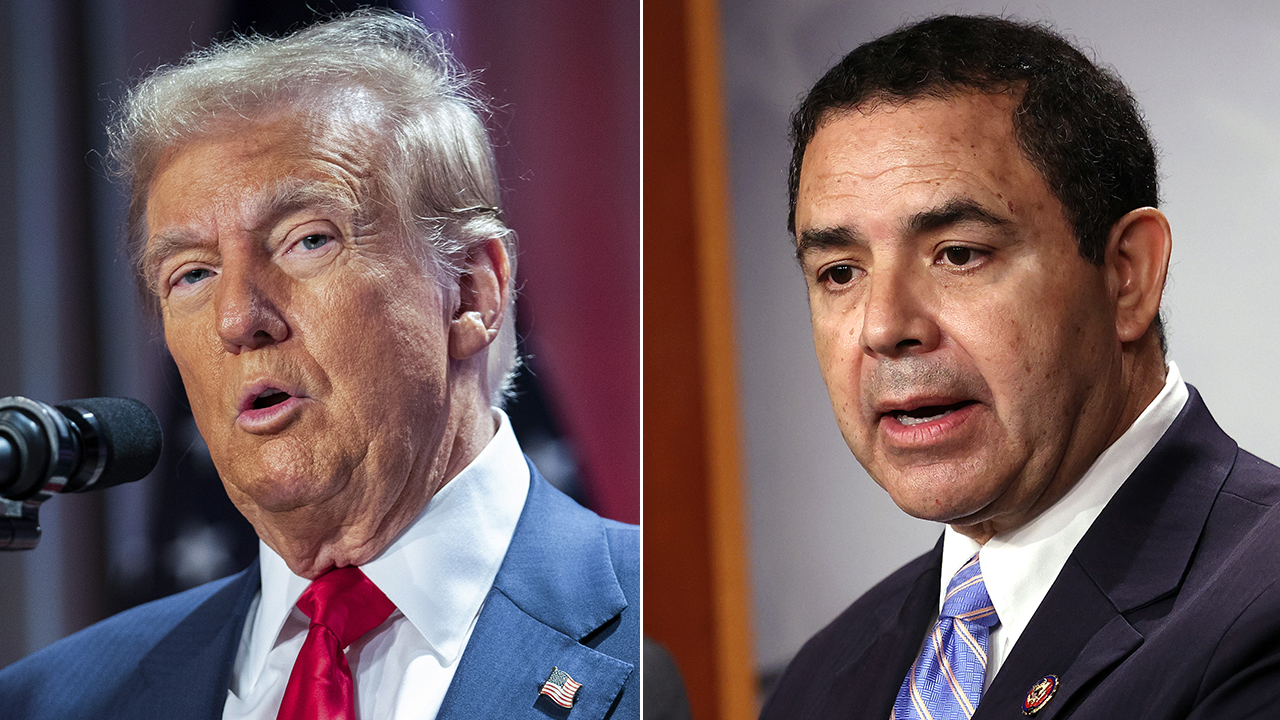Trump tariffs will bring Mexico to the table, Texas Democrat says

A Texas Democrat, Rep. Henry Cuellar, believes that President-elect Trump’s threat to impose tariffs on Mexico will force the country to come to the table to address issues related to immigration and the influx of fentanyl. Cuellar, who represents Texas’ 28th Congressional District that borders Mexico in the southern part of the state, made these comments during an interview on NewsNation.
Cuellar expressed his support for using tariffs as a negotiating tool, stating that imposing a 25 percent tariff could potentially help fix border issues. He highlighted Laredo as the largest port that handles 40 percent of all trade between the U.S. and Mexico, emphasizing that this tactic could provide leverage and compel Mexico to engage in discussions.
However, Cuellar also acknowledged the undesirable consequences of imposing tariffs, noting that both the U.S. and Mexico would suffer if such measures were implemented. Despite the potential negative impacts, he remained optimistic that using tariffs as a bargaining chip would compel Mexico to address issues related to immigration and the trafficking of fentanyl.
President-elect Trump has vowed to impose tariffs on Mexico upon returning to the White House in January. He cited concerns about the flow of illegal drugs and immigrants through the country’s borders, particularly referencing a caravan approaching the U.S. border. Trump’s plan includes charging Mexico and Canada a 25 percent tariff on all products entering the United States until the issues are resolved.
In response to Trump’s stance on tariffs, Canadian Prime Minister Justin Trudeau reportedly engaged in discussions with the President-elect to address trade and border security issues. Additionally, Trump expressed intentions to impose an additional 10 percent tariff on Chinese products until the country takes action to curb the influx of drugs, particularly fentanyl, into the United States.
The China Daily, a newspaper affiliated with the Chinese Communist Party, criticized Trump’s tariff threats, stating that such measures would harm all parties involved in a trade war. The editorial emphasized the need for constructive dialogue and cooperation to resolve economic and trade disputes without resorting to punitive tariffs.
Overall, the ongoing discussions surrounding tariffs and border security underscore the complex and interconnected nature of international trade relations. As stakeholders navigate these challenges, finding mutually beneficial solutions through diplomatic channels remains essential to fostering economic prosperity and stability.




